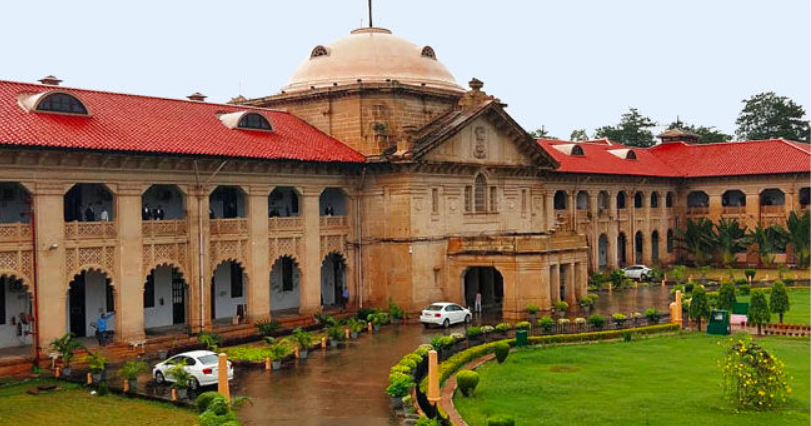The Supreme Court dismissed a public interest litigation (PIL) seeking a declaration that citizens have a fundamental right to directly petition Parliament and invite deliberation on important public-interest issues [Karan Garg v. Union of India].
The Court noted that the requested relief fell solely within the jurisdiction of Parliament and state legislatures, and that such directives could not be issued in a PIL.
A Bench comprising Chief Justice of India (CJI) DY Chandrachud, Justices PS Narasimha, and JB Pardiwala ruled that a citizen cannot seek the right to speak in Parliament. The Court also stated that the requested relief was solely within the purview of Parliament and state legislatures. As a result, such directives could not be included in a PIL.
“We have to draw a line and we cannot tell Parliament what to do.”
It was also noted that Solicitor General Tushar Mehta and Additional Solicitor General Aishwarya Bhati asserted that there was already a procedure in place to receive petitions from citizens. Initially, the case was assigned to a bench of Justices KM Joseph and BV Nagarathna, who took a negative stance on the issue, stating that allowing the prayers could impede the operation of Parliament.
In light of the fact that the Lok Sabha and the Rajya Sabha, and not their Secretaries-General, were made parties, this bench pondered aloud whether the appeal was maintainable. The petitioner requested the establishment of a system, set of rules, and regulatory framework that would enable citizens to petition Parliament to debate, discuss, and deliberate on citizen-raised issues and concerns. Relevantly, the petitioner urged the Supreme Court to declare that Articles 14, 19(1)(a), and 21 of the Constitution grant citizens this fundamental right.
It was emphasised that there is no justification for preventing citizens from fully realising the promise of participatory and direct democracy by engaging with Parliament on matters of greater public interest.



